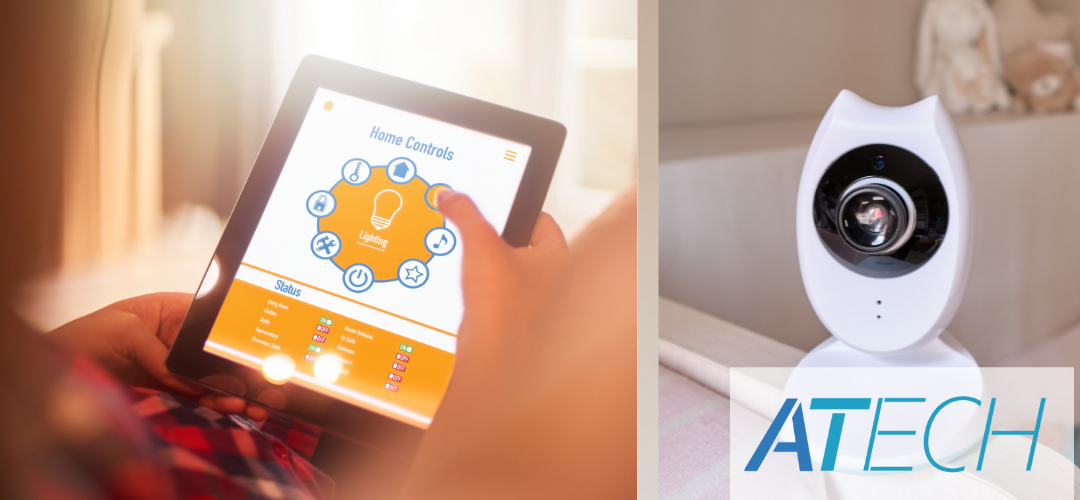Is your agency considering offering Remote Support? You’re not alone. According to the American Medical Association, nearly nine out of 10 healthcare providers indicated in 2019 that they had invested in or were evaluating remote monitoring technologies. Since the onset of the pandemic, service provider agencies are now learning how remote support services can assist them in offering quality care while being sensitive to COVID concerns, addressing staffing challenges, and promoting independent living.
Remote Support Services are meant to be used when someone can be supervised and assisted with technology within their home. Physical in-person on-call assistance is always available when needed.
Most direct care providers use Remote Monitoring Technology to supplement individual Wellness, update Home Management, and provide Emergency Response and Emergency Communication. Before making the decision to offer Remote Monitoring Services, consider the potential benefits to your agency:
Benefit #1: Improve Individual Experience & Satisfaction
Remote Monitoring meets people where they are, and where they want to be – at home. By offering a minimally intrusive service, providers allow individuals to receive safe and efficient care from the comfort and privacy of their own homes.


Benefit #2: Improve The Agency-individual Relationship
Remote Monitoring benefits agencies by providing more opportunities for communication between caregivers and individuals. This increase in communication strengthens the relationship and improves satisfaction on both sides.
Additionally, remote monitoring can improve clinical insight into an individual’s status, offering the agency the opportunity to increase proactive care delivery.
Benefit #3: Help Improve Self-management & Care Plan Adherence
For a variety of people receiving care, remote monitoring benefits them by providing readily available, condition-specific, and easy to use tools to manage their needs. From medication management to medical monitoring or fall mitigation, Remote Support Services help individuals remain independent, age in place, and live fully while feeling safe and secure.
When an individual understands their unique care plan, and what their responsibility is in bettering their health, they are more likely to follow their plan and experience positive health outcomes.


Benefit #4: Reduce Cost of Care
Remote Monitoring has demonstrated significant impact in reducing potentially avoidable trips to the Emergency Department. Emergency Response and Communication are integral parts of Remote Services. In addition to the security of emergency coverage, Remote Monitoring also allows for the movement of certain acute care and chronic care monitoring into the home, reducing the high costs of services.
Benefit #5: Optimize Staff Efficiency & Combat Staffing Shortages
Remote Monitoring benefits agencies by helping them balance the need for in-person care with virtual care. Trained staff increase their skill set in learning new technologies, and people receiving care continue to be supported as they require, on demand instead of 24/7.
In the face of ongoing staff shortages, Remote Monitoring gives agencies the ability to manage staff in order to provide care virtually to those homes and individuals where it is safe and appropriate. The additional remote support leverages a team-based care model that allows the agency flexibility in care and staff coverage.
The overall cost of care for agencies offering remote support services can decrease due to improved workflow efficiencies, enhanced staff productivity, and reduced administrative costs.

Summary
These top 5 advantages of offering Remote Monitoring Support are really just the beginning of a long list of benefits for your agency.
For more detailed information on Remote Monitoring Services and to get a copy of our Service Provider Comparison Chart, Contact Us!
For more timely articles on Assistive Technology, visit our News & Events page.
Be sure to like and follow us on social media!

